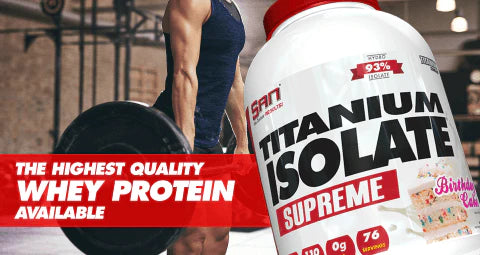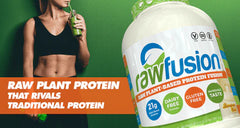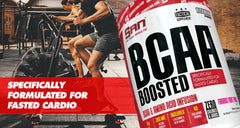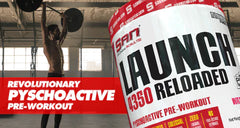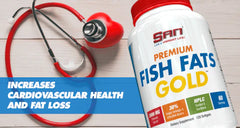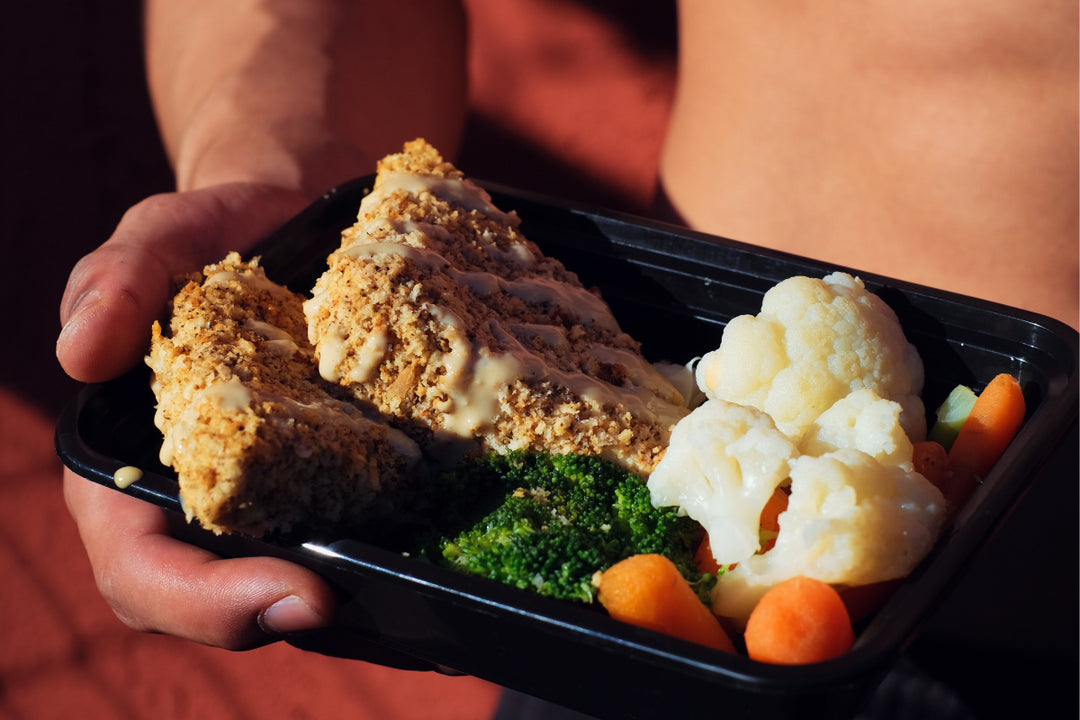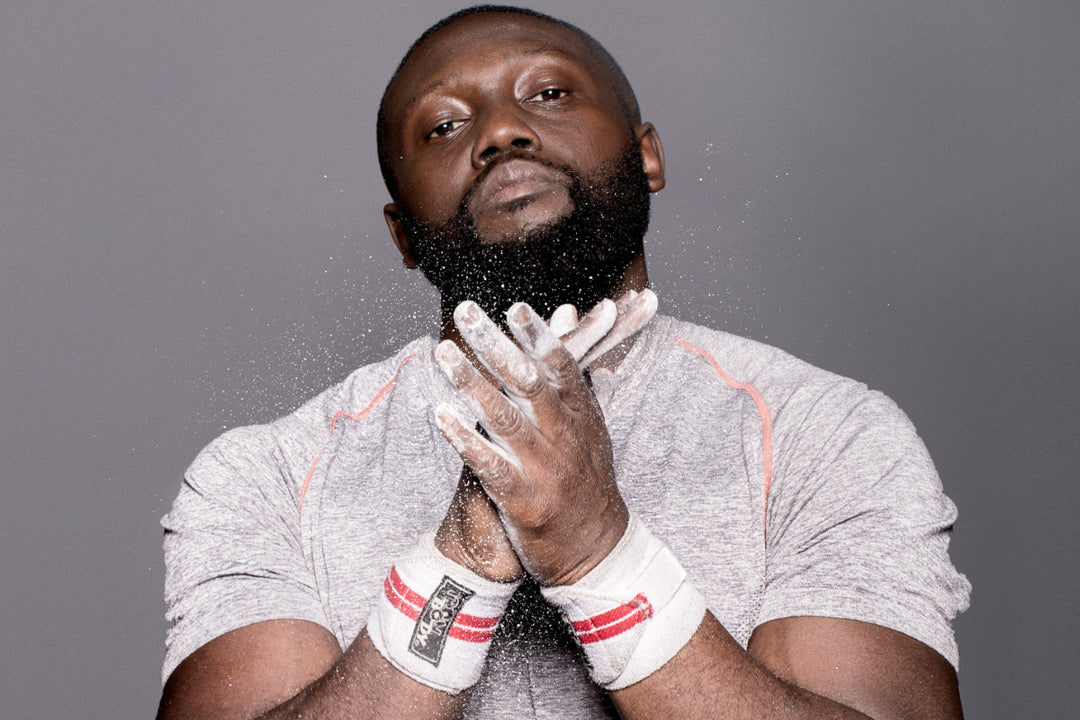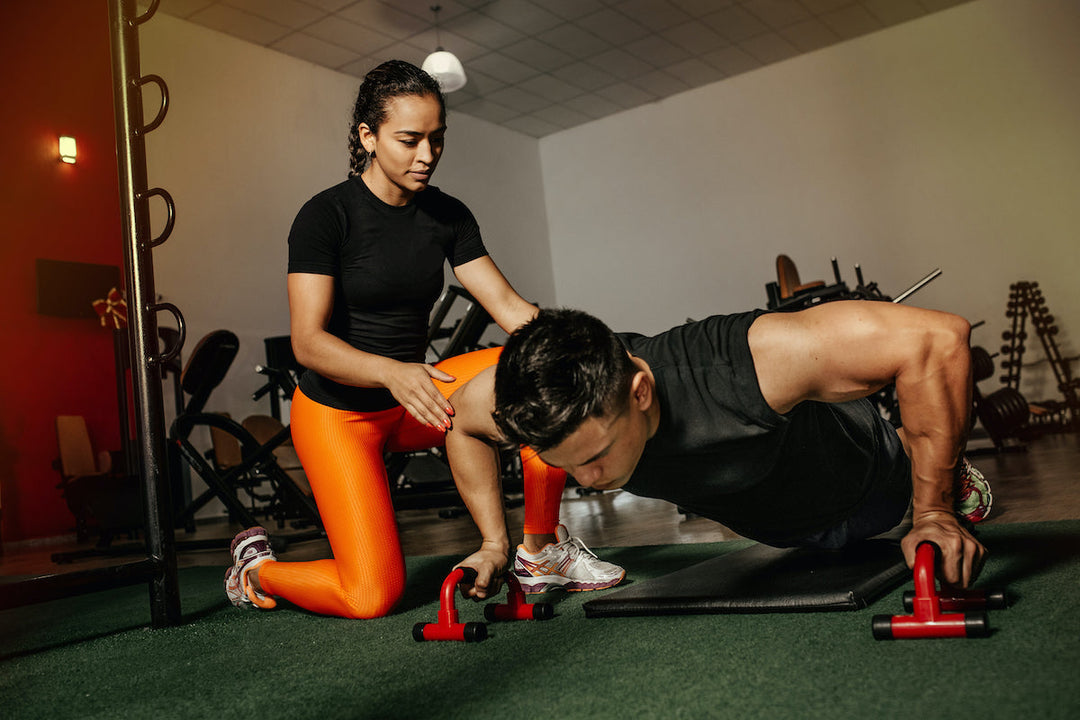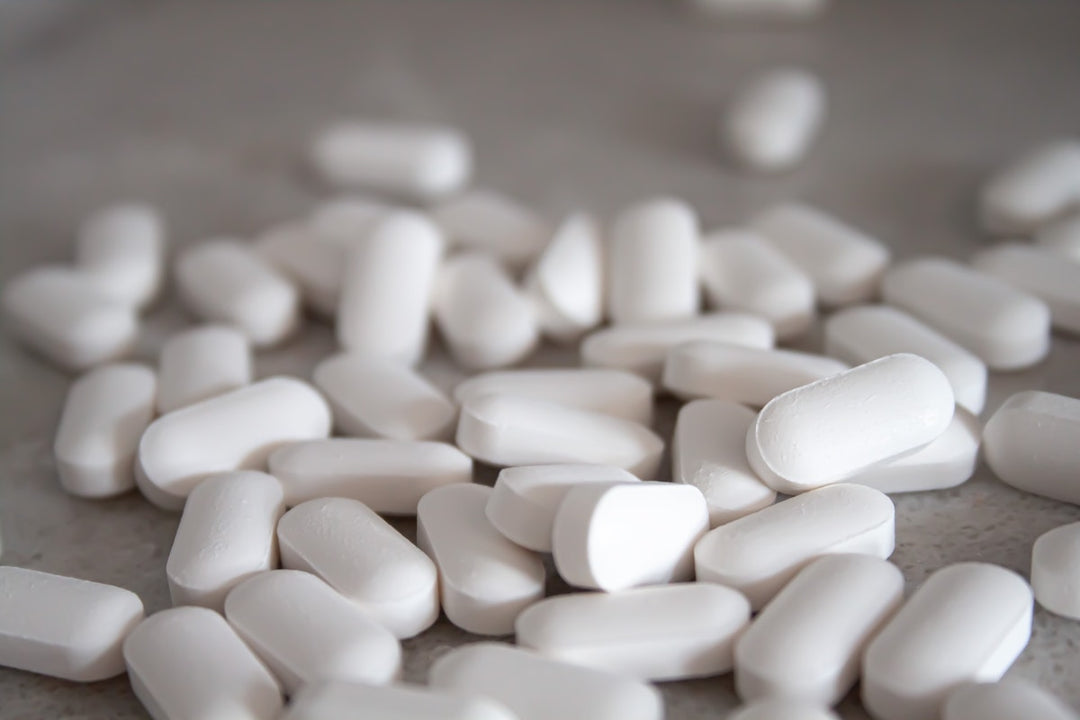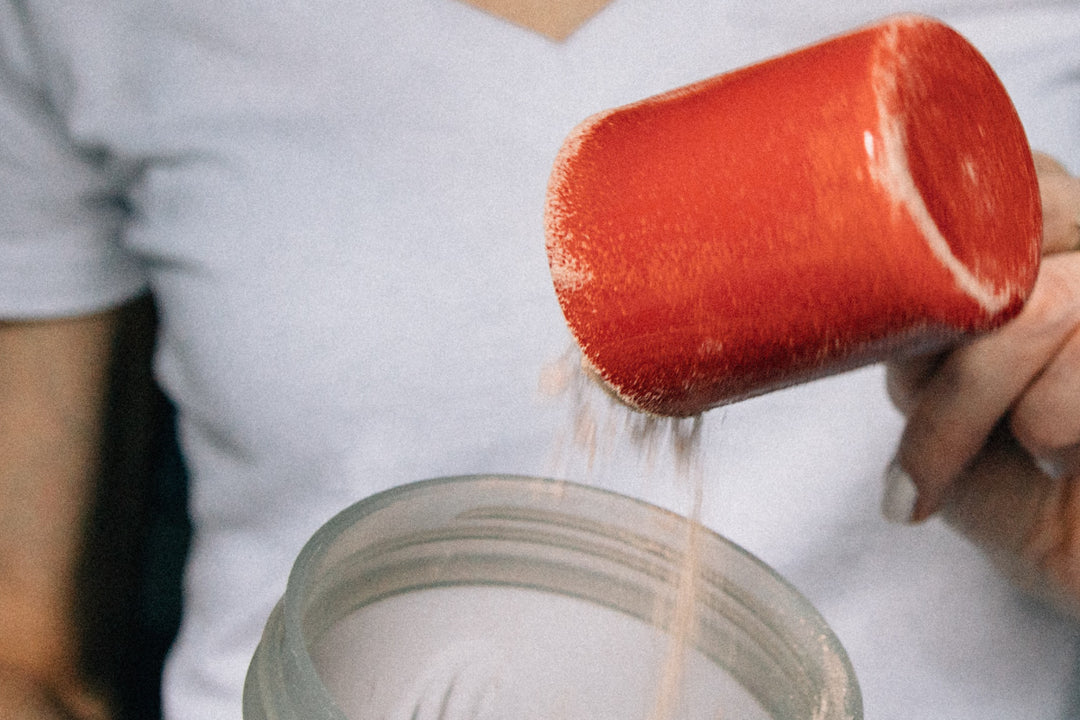Regardless of what time of workouts you do, whether weight training, CrossFit, trail running, or anything else, if you're putting in 100% effort, you're going to get sore. That can be true regardless of how much experience you have or how fit you are. True, a beginner will feel significant soreness, but even seasoned professional athletes have to cope with sore muscles and joints. So that begs the question of how to reduce muscle soreness so you can keep training.
Scientists believe that muscle soreness is caused by micro-tears in the fibers. In other words, soreness is literally muscle damage, but since that "damage" causes adaption that can equate to eventual gains in size, strength, speed, and endurance, it's a good thing.
But does that mean working out with sore muscles can cause even more damage or potential injury since there are micro-tears? The fact is, training a muscle hard while it's still sore is like scratching the scab off of a wound before it's completely healed. It slows down the healing process and impairs full recovery. That's a bad thing...
On the other hand, studies have shown that moderate pump-style workouts are beneficial to healing and recovery. They also helps replenish glycogen stores for more size and muscle volume. in other words, training that doesn't do more damage can push nutrient-rich blood into the muscle cells for better recovery.
But how can we reduce muscle soreness to get back to 100% effort quickly?
How to Reduce Muscle SorenessMuscle soreness is almost inevitable, but there are some effective nutritional options you can take advantage of to help reduce the soreness and speed up recovery to get you back on your A Game as soon as possible. Here's our top-5 supplements to reduce muscle soreness:
- Protein: Speed up recovery and muscle repair
- L-Glutamine: Aids muscle tissue repair, may improve GH production, reduces inflammation
- Curcumin: Antioxidant and anti-inflammatory effects
- Probiotics: Enhance nutrient absorption to maximize protein intake for recovery
- Fish oil: Anti-inflammatory effects enhance muscle recovery
Try some moderate, pump-style workouts when you have excessive soreness to see if that extra blood flow helps, but keep the emphasis on ""moderate."" If you push too hard when your sore, you could put yourself out of commission while dealing with injury. You can also start using some of the nutritional supplements listed above as a way to reduce muscle soreness so you can keep working out while increasing your recovery ability.


